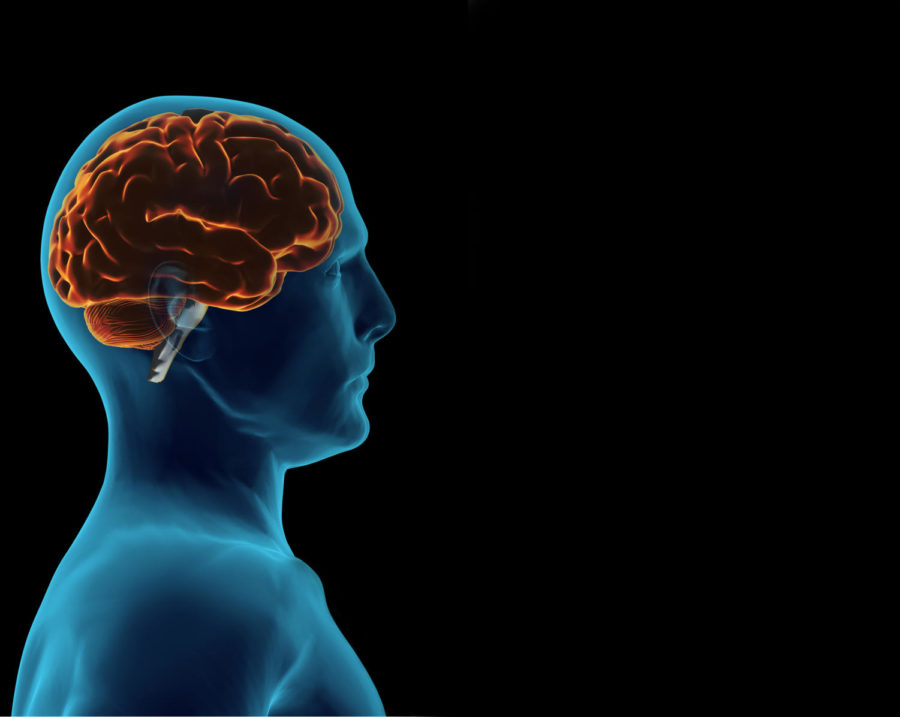Mental health funding cuts result in more crime
February 18, 2013
Recent events have turned national attention to gun violence, but Story County Sheriff Paul Fitzgerald says the underlying issue is mental health.
People whose mental health may need attention might not receive it for several reasons.
For starters, Fitzgerald said there are stigmas associated with mental illnesses. Fear of the consequences of getting adequate treatment may prevent a person from seeking the help they need.
“People are so afraid of being labeled as someone with a mental illness, and what that does to them throughout their life,” Fitzgerald said. “They’re very hesitant to seek the treatment that they need.”
Signs that a person may be experiencing the onset of a mental illness include changes in sleeping habits, cleanliness, eating habits, substance abuse, paranoia and hallucinations.
“If things are just suddenly really off base for [a person], that’s sort of the biggest red flag,” said Amy Peters, Transition from Jail to Community program coordinator for the Story County Jail.
Peters said unusual behavior can sometimes result in a person ending up in jail for a law violation. That is often the first time the person’s mental health receives attention.
“We have to kind of work together here with the resources we have in the jail and the resources we have in the community to try and help get that person properly diagnosed,” Peters said.
Fitzgerald said often the largest mental health facilities in many counties are the county jails.
“County jails have notoriously been used as dumping grounds for the mentally ill,” Fitzgerald said.
Mental health programs have recently received cuts in funding, resulting in fewer opportunities for people who may need attention from mental health services.
Fitzgerald said he thinks the decrease in mental health funding is resulting in an increase in violence.
Peters said that generally, people who end up having a psychiatric disability have an onset of that disability between ages 18 and 25.
“In that part of your life, there’s just so much going on that managing your mental health and your stress and taking care of yourself and looking out for your peers is just really crucial,” Peters said. “Your mental health is a key part of your wellness, too.”
ISU students who feel they or someone they know may be experiencing signs of a mental illness have access to Student Counseling Services, a department that provides students with consultation and accepts walk-ins.
Services such as those available at Iowa State are not as commonplace in the rest of the community. Peters said Story County now has waiting lists for mental health services, a problem that didn’t exist before.
“Everybody agrees there’s more need to do more about mental health services, but at the same time, the state is not funding those services to the extent that they need to,” Peters said.
She added that this is not just a problem in Iowa.
“I think that if we would be able to bring back the funding we’ve lost … to address mental health issues, then that’s going to be our direct and best approach to reducing the type of violence that we’re seeing,” Fitzgerald said.
Cuts in funding for mental health programs, Fitzgerald said, has occurred throughout the entire nation.
“I think [mental health] gets a lot of attention in terms of conversation, but in terms of where the rubber meets the road with funding, it’s challenging right now,” Peters said. “Everyone is really feeling the pinch of not having the resources they need to provide services to the community.”

















